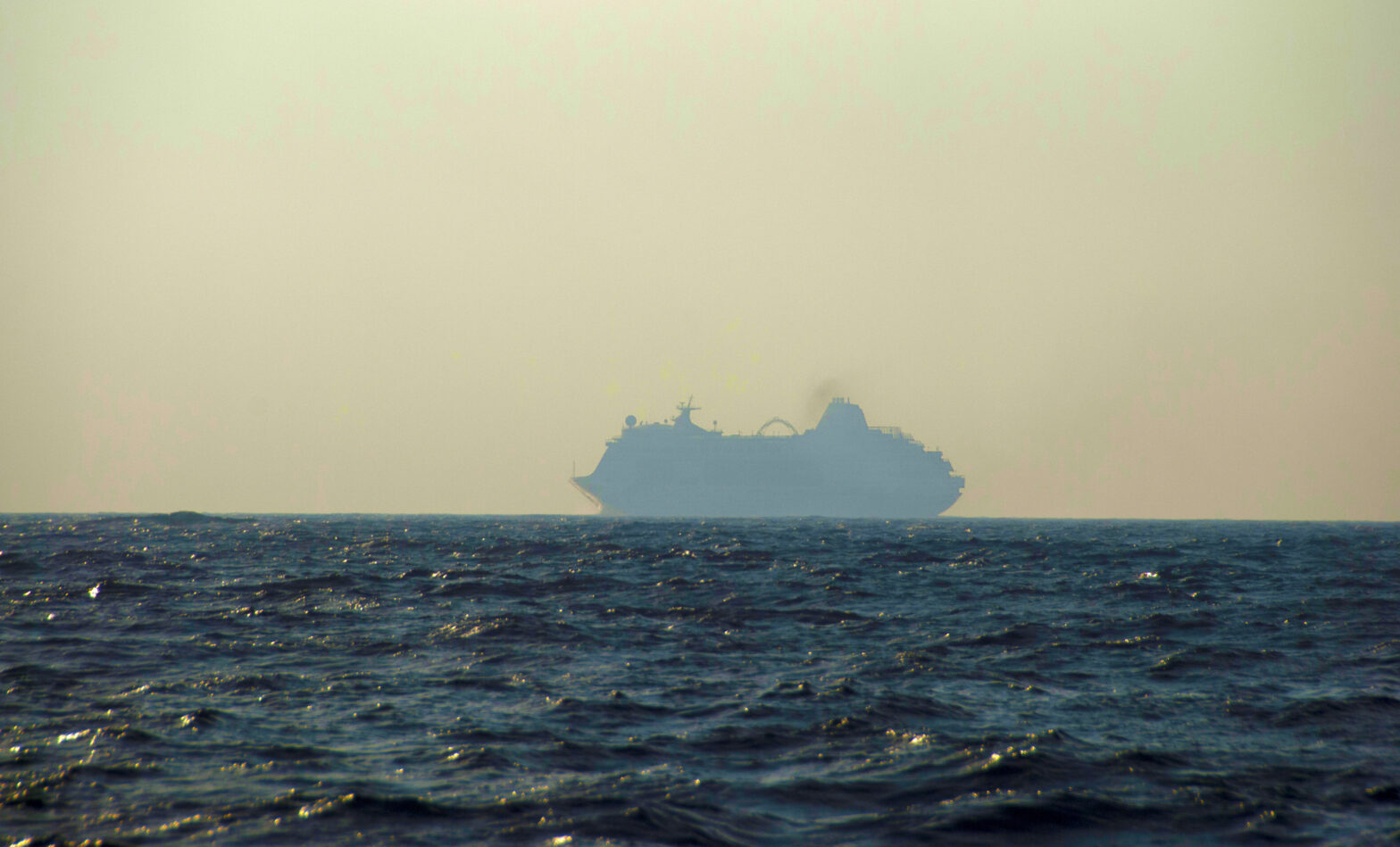CEC Receives Submission on Enforcement of Environmental Law in Canada, Citing Marine Pollution from Cruise Ships and Other Vessels

Cruise ships and other vessels along the Pacific coast of Canada are discharging wastewater containing heavy metals and other pollutants from air pollution control systems into the ocean.
Montreal, 7 November 2023—Last week, Stand.earth, a Canadian environmental advocacy organization, filed a submission under Chapter 24 of the Canada-United States-Mexico Agreement (USMCA/CUSMA) with the Commission for Environmental Cooperation (CEC). The submission asserts that Canada is failing to effectively enforce its environmental laws, particularly Section 36(3) of the Fisheries Act, to prevent pollution of the marine environment by cruise ships and other vessels along its Pacific coast.
In submission SEM-23-007 (Vessel Pollution in Pacific Canada), the Submitter asserts that Canada is failing to uphold its obligations to protect the marine environment by allowing the continued operation of open-loop exhaust gas cleaning systems (often called “scrubbers”) that remove pollutants from ships’ exhaust emissions and the continued discharge of wastewater used to clean the systems directly into Canadian waters. The Submitter alleges that these systems capture harmful pollutants, like sulfur dioxides, heavy metals, and polycyclic aromatic hydrocarbons, to comply with international air emission obligations for the shipping sector, and that those pollutants are discharged directly into the water, harming marine and coastal ecosystems. The submission states that these discharges threaten vital ecosystems and endangered species, particularly discharges from cruise ships operating in the sensitive Canadian and transnational waters of the Salish Sea, Kwakwaka’wakw Sea and Great Bear Sea.
The submission cites the Fisheries Act, the Canada Shipping Act, the International Convention for the Prevention of Pollution from Ships (MARPOL) as well as other international instruments.
The CEC Secretariat will review the submission within 30 days and determine whether it meets the requirements of USMCA/CUSMA Articles 24.27(1), (2), and (3). To learn more, please consult the registry page for the submission SEM-23-007 (Vessel Pollution in Pacific Canada).
